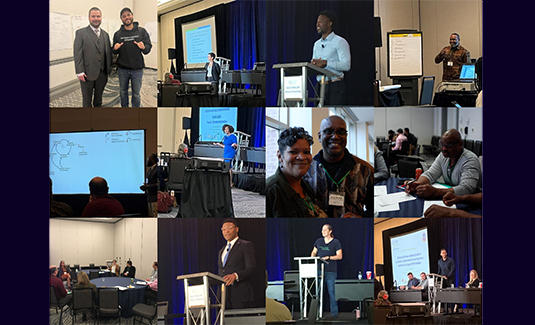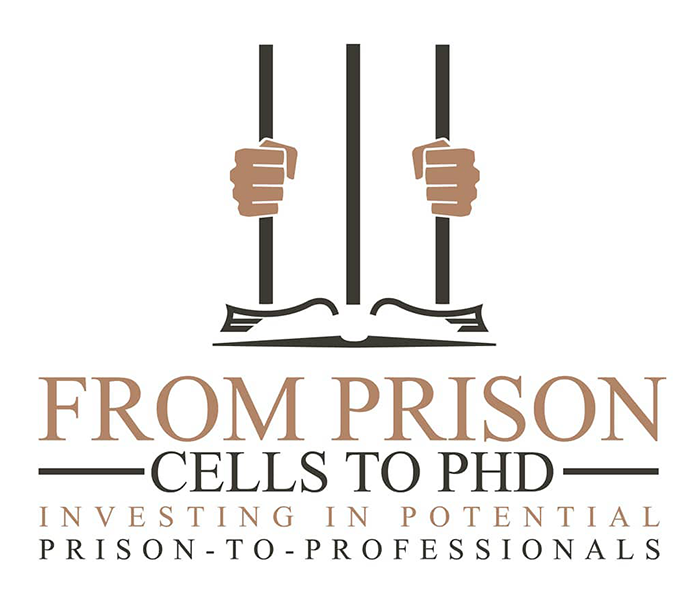Remembering the Legacy of Eddie Bernice Johnson: A Trailblazer in STEM and Social Justice
It is with heavy hearts that we at STEM-OPS share news of the passing of Eddie Bernice Johnson, the namesake of our National Science Foundation (NSF) INCLUDES grant. Her legacy has provided a profound impact in STEM, healthcare, and social justice.
Eddie Bernice Johnson was born on December 3, 1934, in Waco, Texas, to Edward Johnson and Lillie Mae White Johnson. From an early age, she aspired to a career in medicine, despite facing discouragement from a high school guidance counselor who deemed it impossible due to her gender. Undeterred, she graduated with her nursing certificate in 1955 and became a civil rights activist in the 1960s, defying expectations and breaking barriers. Eventually, she made a career in politics, becoming a Congresswoman and the founder of NSF’s Eddie Bernice Johnson INCLUDES National Network. … Read More… »















